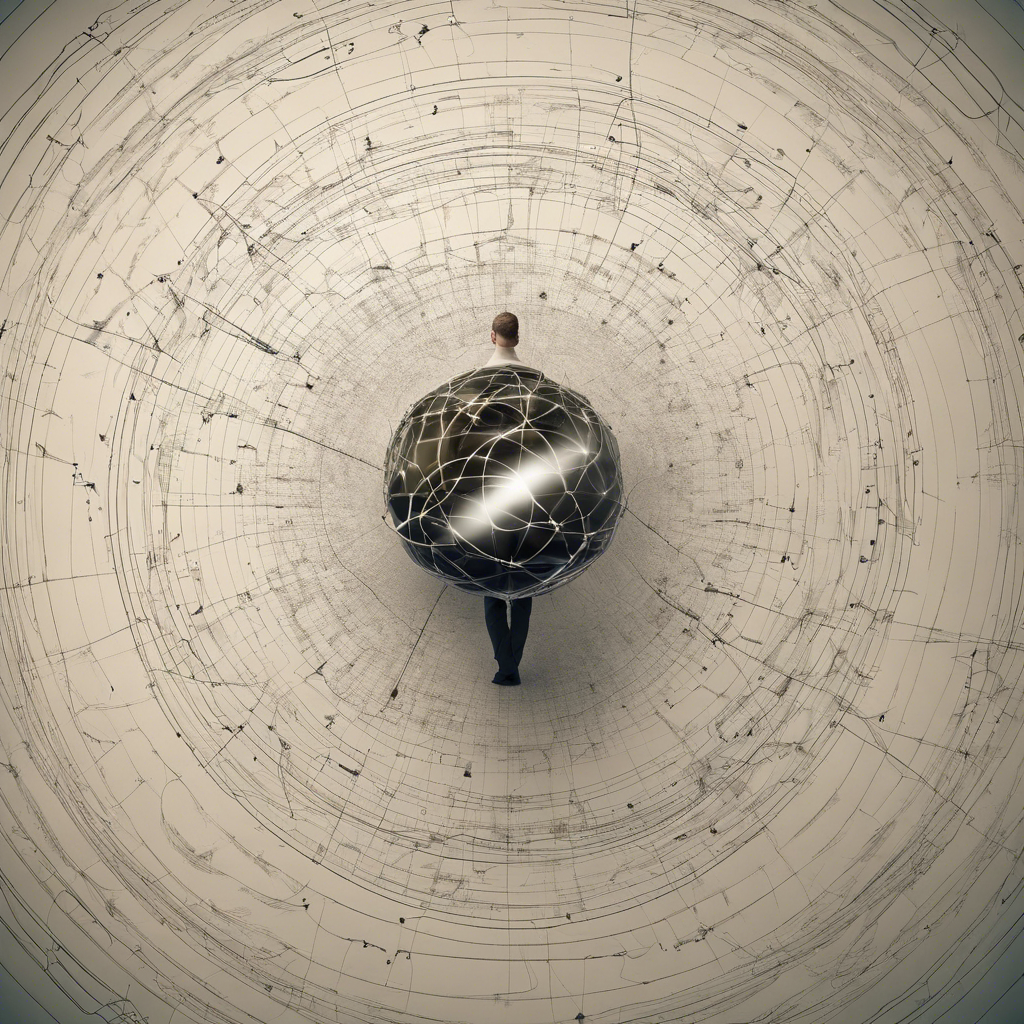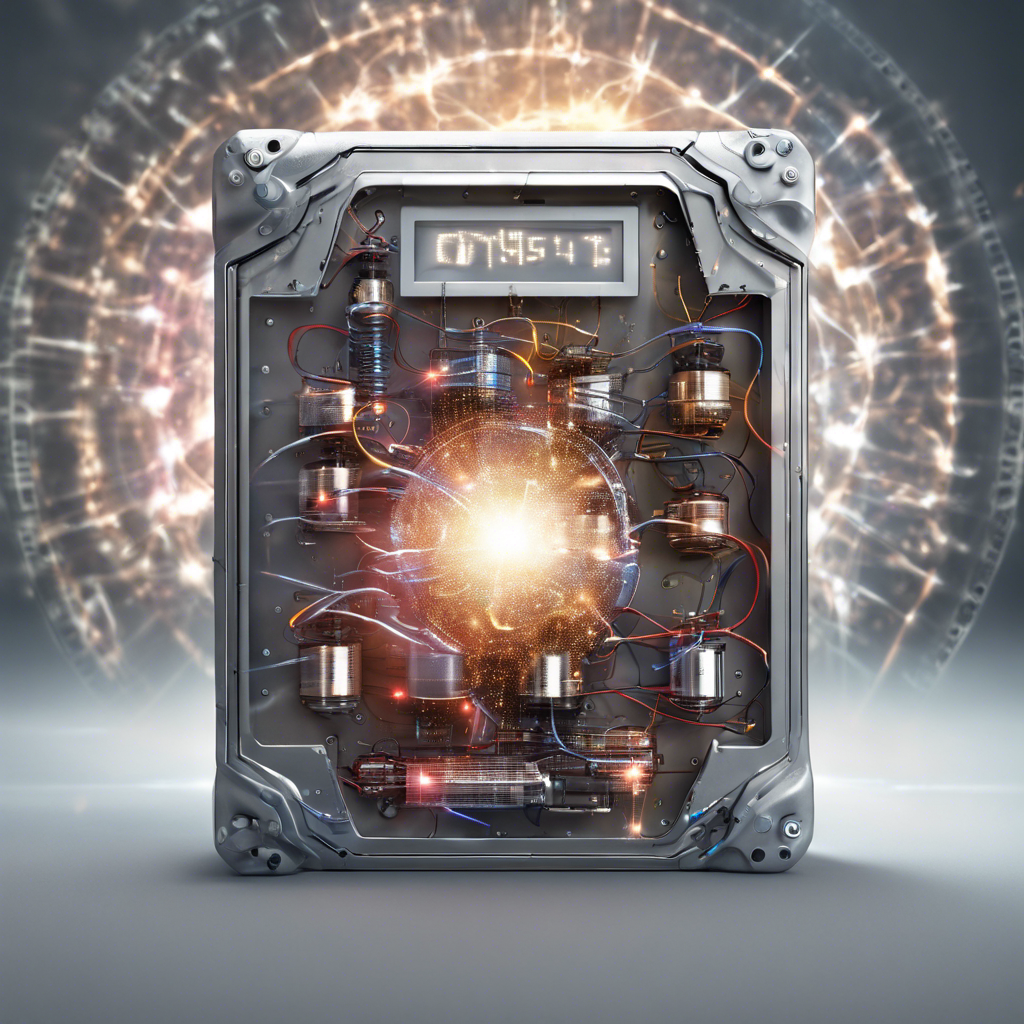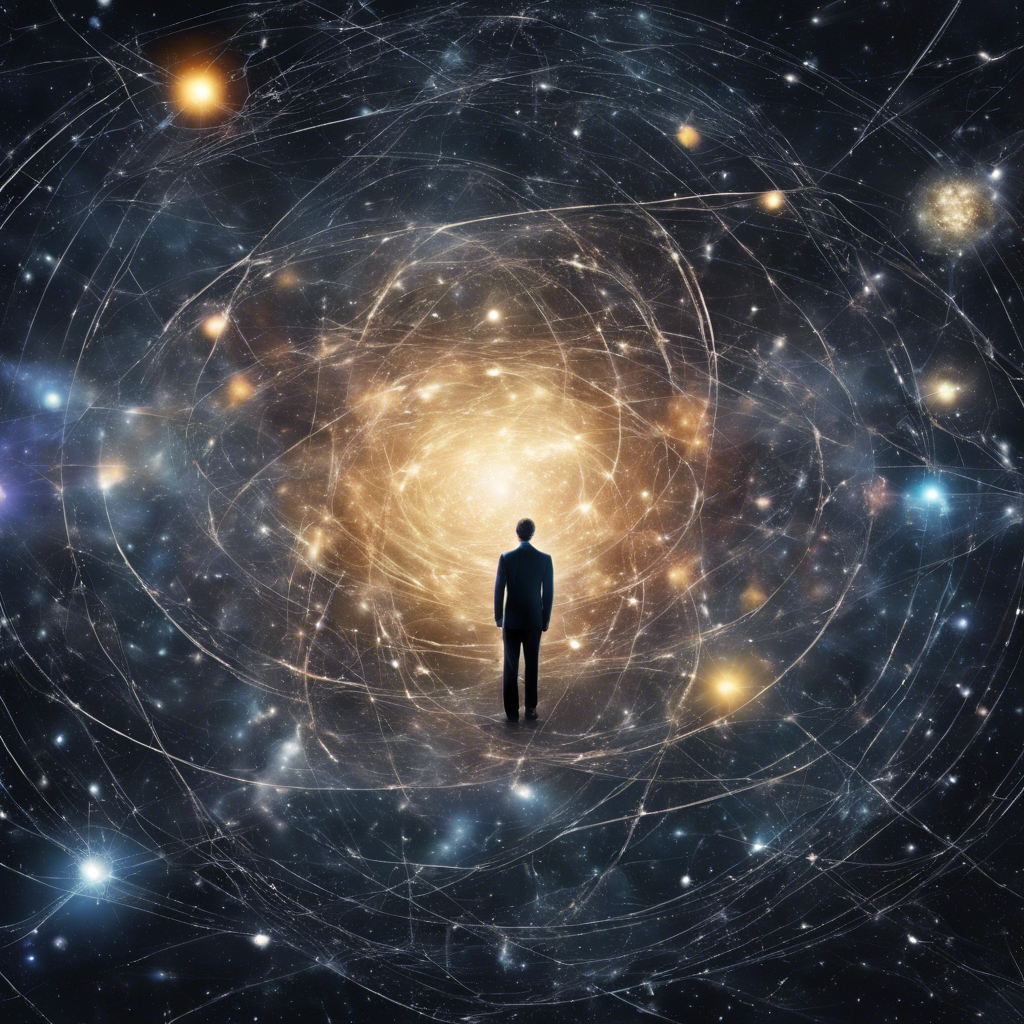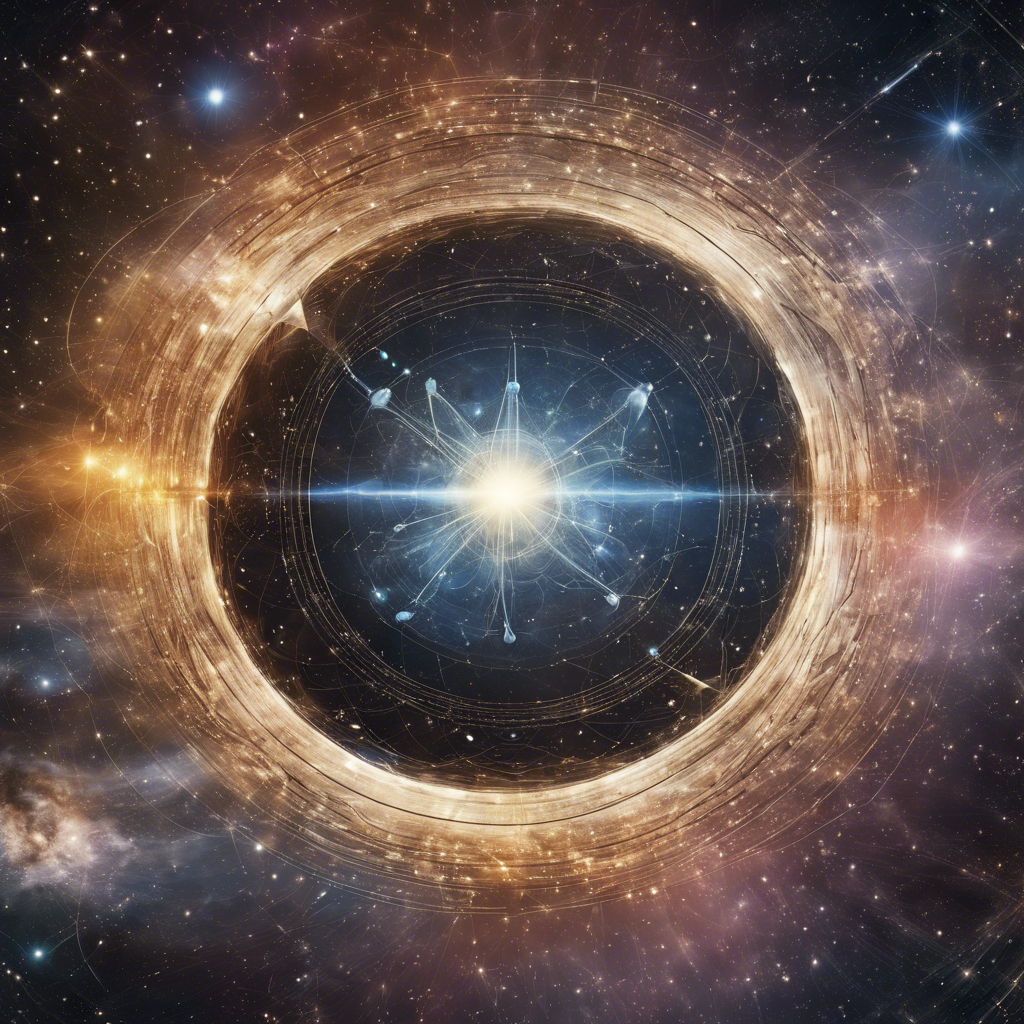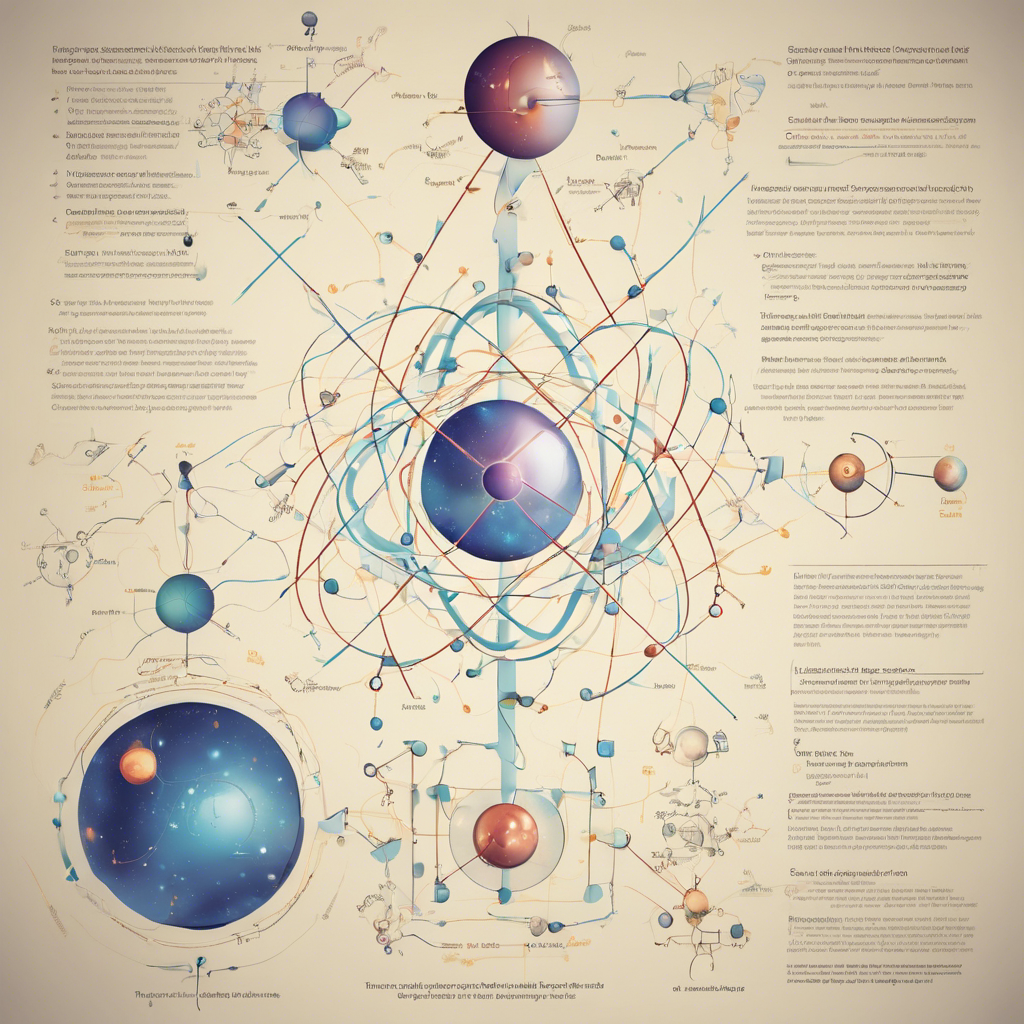UCL Physicists Propose a Postquantum Theory of Classical Gravity
In a groundbreaking development, physicists at UCL (University College London) have put forth a radical theory that challenges the long-standing contradiction between quantum mechanics and Einstein’s theory of general relativity. While the prevailing assumption has been to modify Einstein’s theory to fit within the framework of quantum mechanics, the UCL researchers propose an alternative approach. Their theory, known as a “postquantum theory of classical gravity,” suggests that spacetime itself may be classical, not governed by quantum theory. This theory opens up new avenues for understanding the fundamental nature of gravity and presents the possibility of experimental tests to verify its predictions.
The Clash of Quantum Theory and General Relativity
The foundation of modern physics rests on two pillars: quantum theory, which describes the behavior of particles at the smallest scales, and general relativity, which explains gravity as the bending of spacetime. However, these two theories are fundamentally incompatible, posing a challenge for physicists seeking a unified understanding of the universe. The prevailing approach has been to modify or “quantize” Einstein’s theory of gravity to align it with quantum mechanics. String theory and loop quantum gravity are two prominent candidates in this quest for a quantum theory of gravity.
A New Theory Challenges the Consensus
The UCL physicists, led by Professor Jonathan Oppenheim, propose a different perspective. Their theory suggests that spacetime itself may be classical, not subject to the laws of quantum mechanics. Rather than modifying spacetime, the theory modifies quantum theory itself, predicting a breakdown in predictability mediated by spacetime. This leads to random and violent fluctuations in spacetime, surpassing what is envisaged under quantum theory. The theory posits that these fluctuations make the apparent weight of objects unpredictable when measured with extreme precision.
Testing the Theory: Weighing Mass and Fluctuations in Spacetime
To test their theory, the UCL researchers propose an experiment to measure the weight of a mass with extreme precision over time. If the fluctuations in the measurements of the mass are smaller than what is required for mathematical consistency, it would rule out the theory. The International Bureau of Weights and Measures in France, which routinely weighs a 1kg mass, could play a crucial role in this experiment. The outcome of this experiment, as well as other evidence that confirms the quantum or classical nature of spacetime, could have far-reaching implications for our understanding of gravity.
The Bet and the Pursuit of a Quantum Theory of Gravity
The proposed experiment has sparked a 5000:1 odds bet between Professor Oppenheim and Professor Carlo Rovelli and Dr. Geoff Penington, leading proponents of quantum loop gravity and string theory, respectively. The outcome of the experiment will determine whether the pursuit of a quantum theory of gravity or the postquantum theory of classical gravity is the right approach. This bet highlights the significance of the experiment and the potential consequences for our understanding of the fundamental laws of nature.
Exploring the Consequences and the Quantum vs. Classical Nature of Spacetime
For the past five years, the UCL research group has been rigorously testing and exploring the consequences of their theory. Co-authors Zach Weller-Davies, Dr. Carlo Sparaciari, and Dr. Barbara Šoda have played instrumental roles in developing the experimental proposal and conducting analytical and numerical calculations. The proposed experiments aim to determine whether spacetime has a quantum or classical nature by examining random fluctuations in mass and gravitationally mediated entanglement. These experiments have the potential to provide groundbreaking insights into the fundamental nature of gravity and spacetime.
Conclusion:
The UCL physicists’ postquantum theory of classical gravity challenges the prevailing consensus in the search for a unified theory of quantum mechanics and general relativity. By suggesting that spacetime itself may be classical, the theory opens up new possibilities for understanding the fundamental nature of gravity. The proposed experiments to test the theory have the potential to revolutionize our understanding of spacetime and provide crucial insights into the quantum vs. classical nature of the universe. As researchers continue to explore these groundbreaking ideas, we may be on the cusp of a paradigm shift in our understanding of the fundamental laws that govern our universe.







